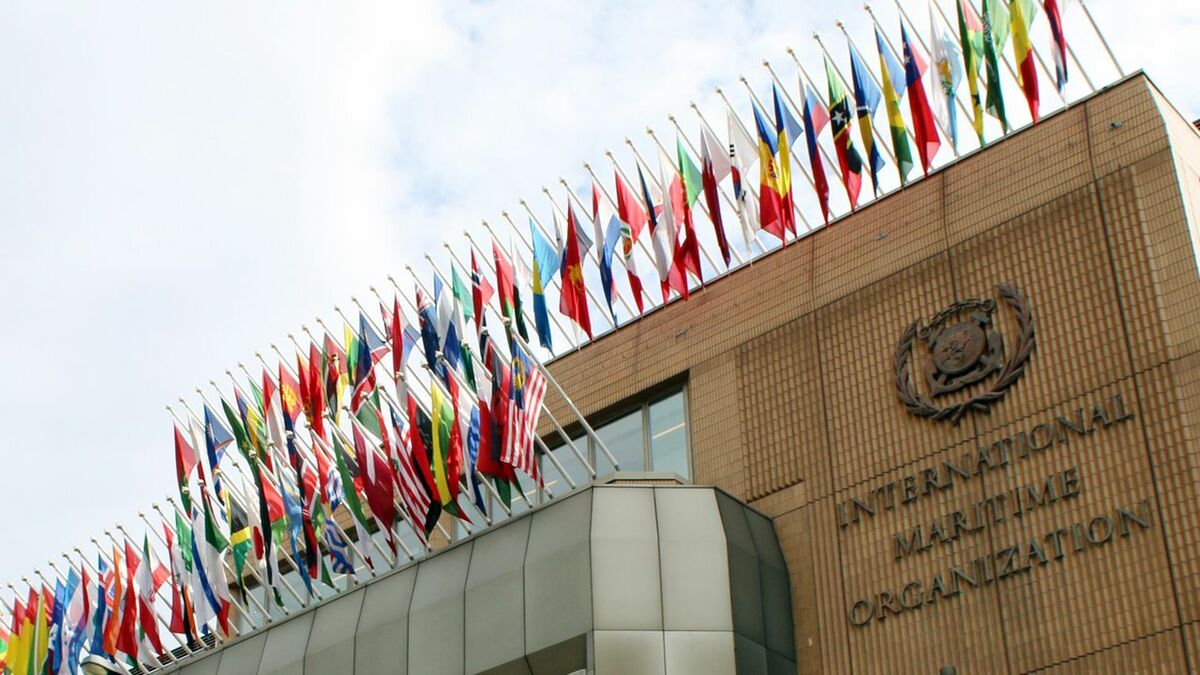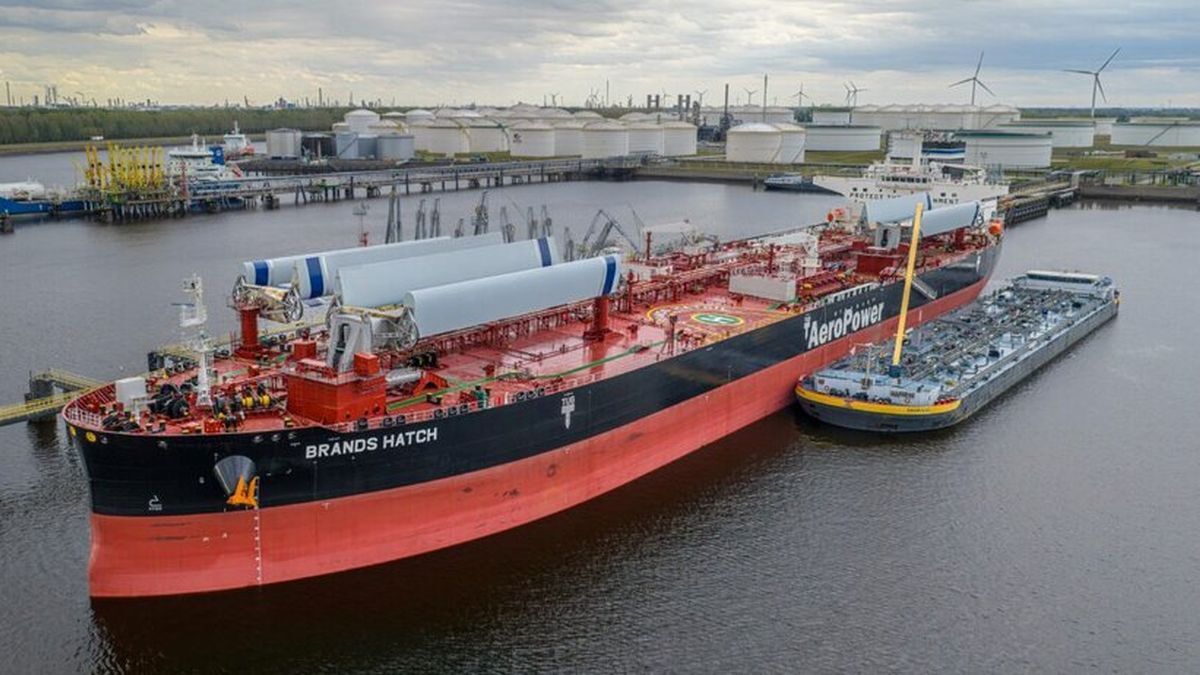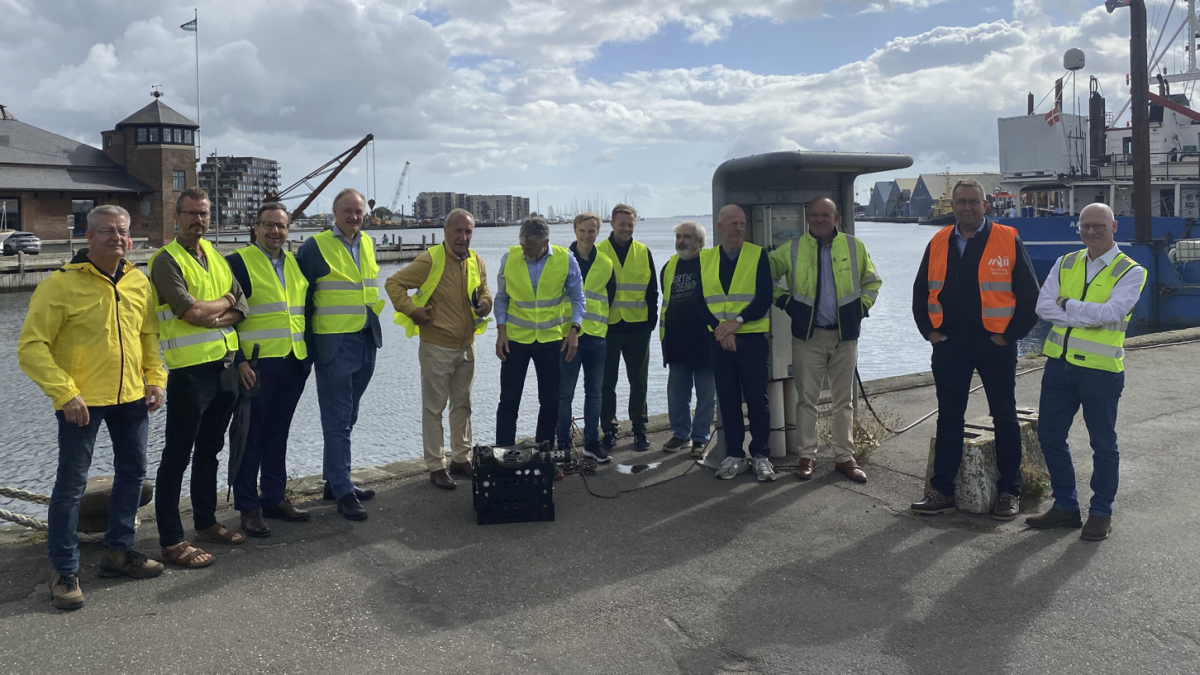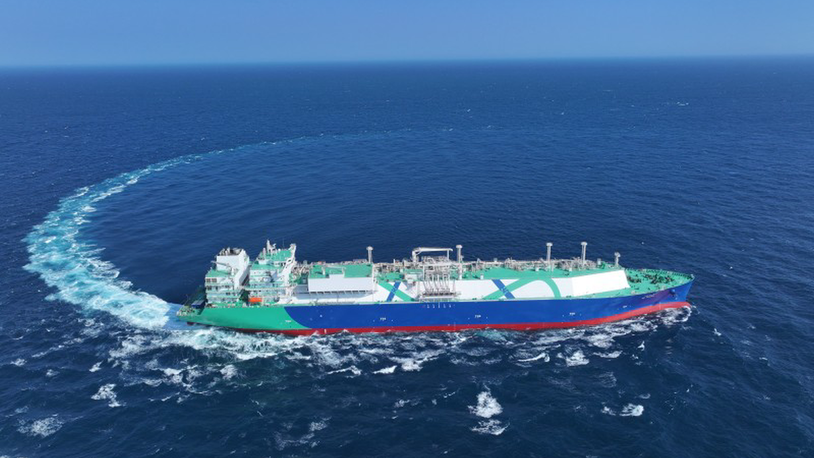Business Sectors
Events
Offshore Wind Webinar Week
Contents
Dozens of countries back flat-rate carbon levy proposal for shipping
Nearly 50 International Maritime Organization (IMO) member states are lining up behind a proposal to charge commercial vessels a flat fee for each tonne of carbon emitted
A broad coalition of countries have submitted a joint text to IMO for a carbon levy-based amendment to the maritime polution (Marpol) convention, with proceeds to be deposited into a fund managed by IMO.
Flag states, European Union (EU) countries, island nations threatened by a sea level rise and major shipping countries are lining up behind the proposal for a flat-rate tax on carbon.
The proposal, submitted to IMO by the International Chamber of Shipping (ICS), aims to bring down the prices of zero- and near-zero-emissions fuels to make them more competitive with fossil fuels.
"The joint submission by governments sets out convergent regulatory text for amendments to the IMO Marpol Convention, which will require shipping companies operating ships on international voyages to make greenhouse gas (GHG) contributions per tonne of carbon dioxide equivalent (CO2e) emitted to a new ’IMO GHG Strategy Implementation Fund’," an ICS statement said.
"The key purpose of this mandatory GHG charge will be to reduce the cost gap between zero/near-zero GHG emissions (ZNZ) fuels such as green methanol, ammonia and hydrogen and conventional marine fuels, to incentivise the accelerated uptake of green energy sources. Revenue generated will be used to reward the production and uptake of ZNZ fuels, while also providing billions of US dollars annually to support the maritime GHG reduction efforts of developing countries," the statement said.
The proposed joint text would form a new chapter in the Marpol Convention’s Annex VI and is supported by major shipping nations such as Greece, Japan, Korea and the United Kingdom, the world’s largest flag states including the Bahamas, Liberia, Marshall Islands and Panama, all EU States and the European Commission, African countries such as Nigeria and Kenya, and small island developing states from the Caribbean and the Pacific.
The ICS said, while a price per tonne of CO2e has yet to be agreed, it is expected to fall between US$60 and US$300. Within the text of the proposed amendment, three prices are bracketed: US$18.75, US$100.00 and US$150.00 per tonne of carbon emitted on a lifecycle basis.
Pointing out the shipping industry as a whole "fully supports the adoption by IMO of a GHG pricing mechanism for global application to shipping," ICS secretary general Guy Platten called the joint text "a pragmatic solution and the most effective way to incentivise a rapid energy transition in shipping".
Mr Platten also acknowledged a small but vocal group of countries have, as yet, refused support of many international environmental initiatives, including those related to the maritime sector.
"While a large number of governments now support a universal flat rate GHG contribution by ships – or something similar – a minority of governments continue to have concerns. Working in co-operation with all IMO member states we will do our best to allay such concerns during the final stages of these critical negotiations about regulatory text,” he said.
An IMO meeting of the Marine Environment Protection Committee (MEPC 83) in April 2025 is scheduled to review and agree technical and economic measures for adoption by IMO. The measures are meant to enable the shipping industry to reduce its greenhouse gas emissions to zero or near-zero by 2050.
Riviera’s Maritime Decarbonisation Conference, Asia 2025 will be held in Singapore, 2-3 April 2025. Click here for more information on this industry-leading event.
Related to this Story
Events
Offshore Wind Webinar Week
Maritime Decarbonisation, Europe: Conference, Awards & Exhibition 2025
Offshore Support Journal Conference, Americas 2025
© 2024 Riviera Maritime Media Ltd.














